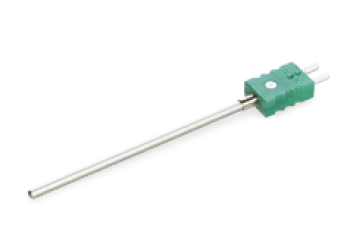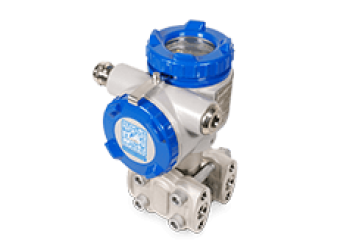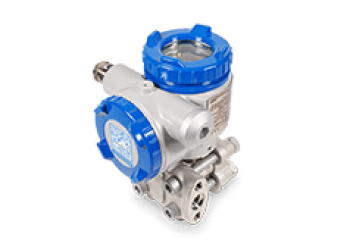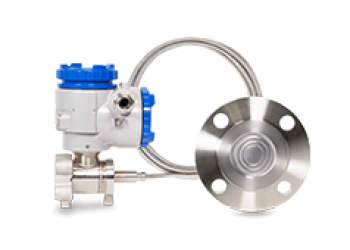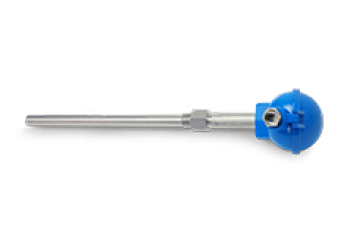
Instrumentations solutions and gas analysis
- Products
- Services and solutions
- Industrial energy audits
- Industrial Co-Engineering
- Design of gas analysis systems
- Maintenance contract
- Factory acceptance tests
- Instrumentation training
- Product warranty
- Instrumentation rental
- Portable ultrasonic flowmeter rental
- Measuring instrument commissioning
- Calibration services
- Instrument repair
- Industrial automation solution
- Industries
- Downloads
- Contact
- Company
- Blog







